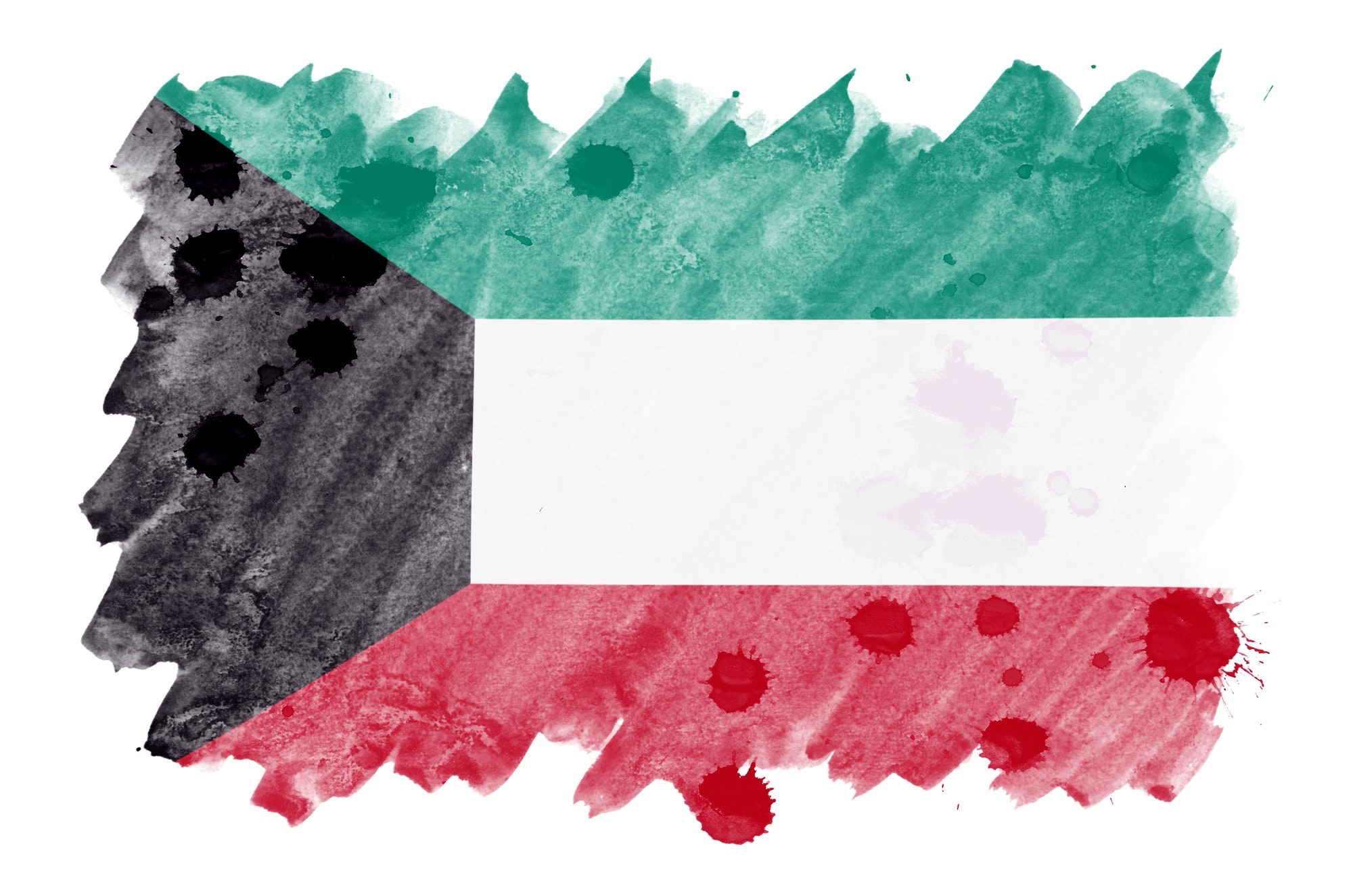The Loss of a Leader: Sheikh Nawaf al-Ahmad
Kuwait’s Emir, Sheikh Nawaf al-Ahmad al-Jaber al-Sabah, passed away at the age of 86, creating a big shift in Middle Eastern politics. His death not only impacted Kuwait but also caused a wave of sadness across many countries in the Middle East. During his time as the leader, Sheikh Nawaf played a crucial role in guiding Kuwait through some tricky political situations and helped maintain its important position as a small but powerful oil-rich country.

What Sheikh Nawaf Did for Kuwait
Sheikh Nawaf was known for his diplomatic style. He was really good at solving political issues within Kuwait, which helped the country stay stable even when things were rocky in the region.
Mourning in the Middle East
Countries in the Middle East, like Bahrain and Saudi Arabia, have shown a lot of respect for Sheikh Nawaf after he died. They declared periods of mourning, which shows how much he was respected and the strong connections he had with these countries. This shared mourning also highlights how closely these Gulf countries are connected in culture and politics.
Meet the New Emir: Sheikh Meshaal
After Sheikh Nawaf’s passing, Kuwait quickly named Crown Prince Sheikh Meshaal al-Ahmad al-Jaber al-Sabah as the new Emir. At 83 years old, Sheikh Meshaal is taking over the leadership and facing the big tasks and challenges that come with it. People are watching to see if he will continue the Al-Sabah family’s traditions or introduce new ideas.
The World Watches the New Leadership
Everyone is curious about what Sheikh Meshaal will do next, especially regarding Kuwait’s role in Middle Eastern politics and its ongoing issues, like the dispute with Iran over a gas field. His decisions will be key in shaping Kuwait’s future and its relationships with other countries.
Strengthening Relationships in the Arab World and Beyond
Sheikh Nawaf’s death has reminded people of the importance of strong relationships between Arab countries. Leaders from Bahrain, Oman, and Saudi Arabia have promised to keep and improve these ties. Also, big countries like the United States and the United Kingdom have shared their condolences, showing how important Sheikh Nawaf was in international relations.
The US-Kuwait Friendship
The United States has expressed deep sadness over Sheikh Nawaf’s death. President Joe Biden called him a “valued partner and true friend” in keeping peace in the Middle East.
What’s Next?
Sheikh Nawaf’s passing is a big change for Kuwait and the Middle East. As Sheikh Meshaal starts his role as Emir, everyone is watching to see how Kuwait will handle its own political issues and its role in the bigger picture of regional and global affairs.

Frequently Asked Questions (FAQ)
Q1: Who was Sheikh Nawaf al-Ahmad al-Jaber al-Sabah?
A: Sheikh Nawaf was the Emir of Kuwait, a significant leader in the Middle East known for his diplomatic approach to politics. He led Kuwait through challenging times and maintained its influential status as an oil-rich nation.
Q2: How did Sheikh Nawaf’s death impact the Middle East?
A: His death brought a wave of mourning across the Middle East, reflecting his widespread respect and the close ties he had nurtured with other Gulf countries. It marked a significant moment in regional politics.
Q3: Who is the new Emir of Kuwait?
A: The new Emir is Sheikh Meshaal al-Ahmad al-Jaber al-Sabah. He’s the successor and is expected to continue the legacy of the Al-Sabah dynasty while facing current challenges.
Q4: What are the global implications of this leadership change?
A: The leadership change is closely watched worldwide, particularly regarding Kuwait’s role in regional disputes and international relations. Decisions made by the new Emir will influence Kuwait’s future and its diplomatic ties.
Q5: Why are Arab relations important in this context?
A: Strong Arab relations are crucial for regional stability and cooperation. The death of Sheikh Nawaf has highlighted the need to maintain and strengthen these relationships.
Q6: What has been the reaction of major global powers to Sheikh Nawaf’s death?
A: Major powers like the United States and the United Kingdom have expressed condolences, acknowledging Sheikh Nawaf’s role in Middle Eastern stability and international partnerships.
Q7: What challenges does Sheikh Meshaal face as the new Emir?
A: Sheikh Meshaal faces internal political challenges within Kuwait and regional issues, such as the dispute over the Dorra/Arash gas field with Iran. His leadership style and decisions will be pivotal in addressing these challenges.
Q8: How long did Sheikh Nawaf rule Kuwait?
A: Sheikh Nawaf’s reign was relatively brief, but his impact was significant in terms of diplomatic relations and internal stability.
Q9: What can we expect in the coming months regarding Kuwait’s politics?
A: The focus will be on how Sheikh Meshaal navigates Kuwait’s internal political landscape and its role in broader regional and global affairs. There’s anticipation around potential policy changes and continuation of the diplomatic approach.
Q10: How do the people of Kuwait view this transition?
A: The people of Kuwait are likely to view this transition with a mix of respect for the past leader and anticipation for the future under Sheikh Meshaal’s leadership. There’s a general expectation for continuity and stability.
Sources Aljazeera


